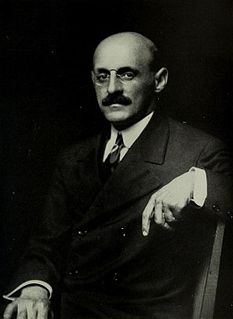A Quote by H. W. Brands
In modern times, the American military has become more bureaucratised.
Quote Topics
Related Quotes
I despair at the rise of modern violence. I truly give in to despair at times, that deep, futureless pit of despair.... I watch the American slaughterhouse, the casual attacks on popes, presidents, and uncounted others, and I wonder if there are many more out there with the Ability or if butchery has simply become the modern way of life.
Contrary to received wisdom, the British are not an insular people in the conventional sense - far from it. For most of their early modern and modern history, they have had more contact with more parts of the world than almost any other nation - it is just that this contact has regularly taken the form of aggressive military and commercial enterprise.
Despite the dazzling successes of modern technology and the unprecedented power of modern military systems, they suffer from a common and catastrophic fault. While providing us with a bountiful supply of food, with great industrial plants, with high-speed transportation, and with military weapons of unprecedented power, they threaten our very survival.
I think there's a pride of what a real American can be. I mean, I'm a transplant, but I've got American kids and an American wife, and when I go back to England I feel more like an American, the way I look at the world, is more from an American perspective at this point. I've traveled every state 30 or 40 times, and have met an amazing array of people, and I have found Americans to be among the most kind and tolerant people I have ever met.
Curiosity, which may or may not eventuate in something useful, is probably the most outstanding characteristic of modern thinking ... Institutions of learning should be devoted to the cultivation of curiosity, and the less they are deflected by the consideration of immediacy of application, the more likely they are to contribute not only to human welfare, but to the equally important satisfaction of intellectual interest, which may indeed be said to have become the ruling passion of intellectual life in modern times.







































